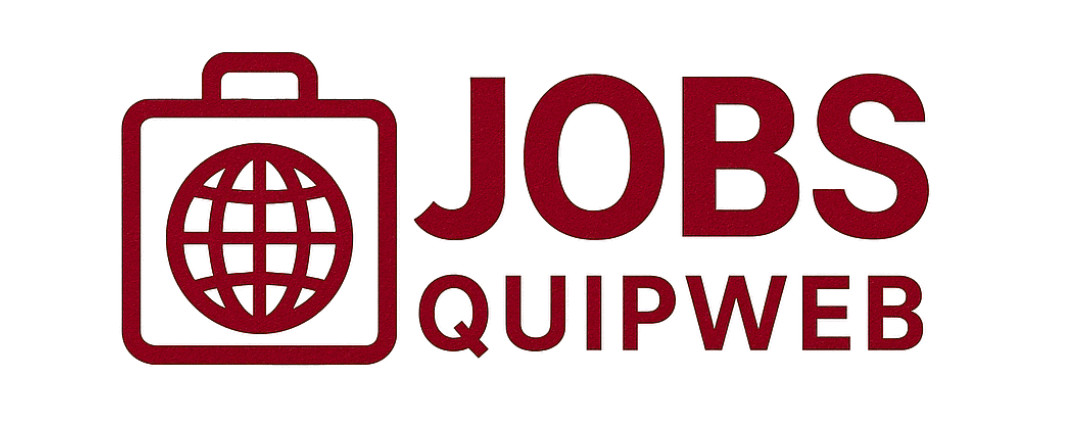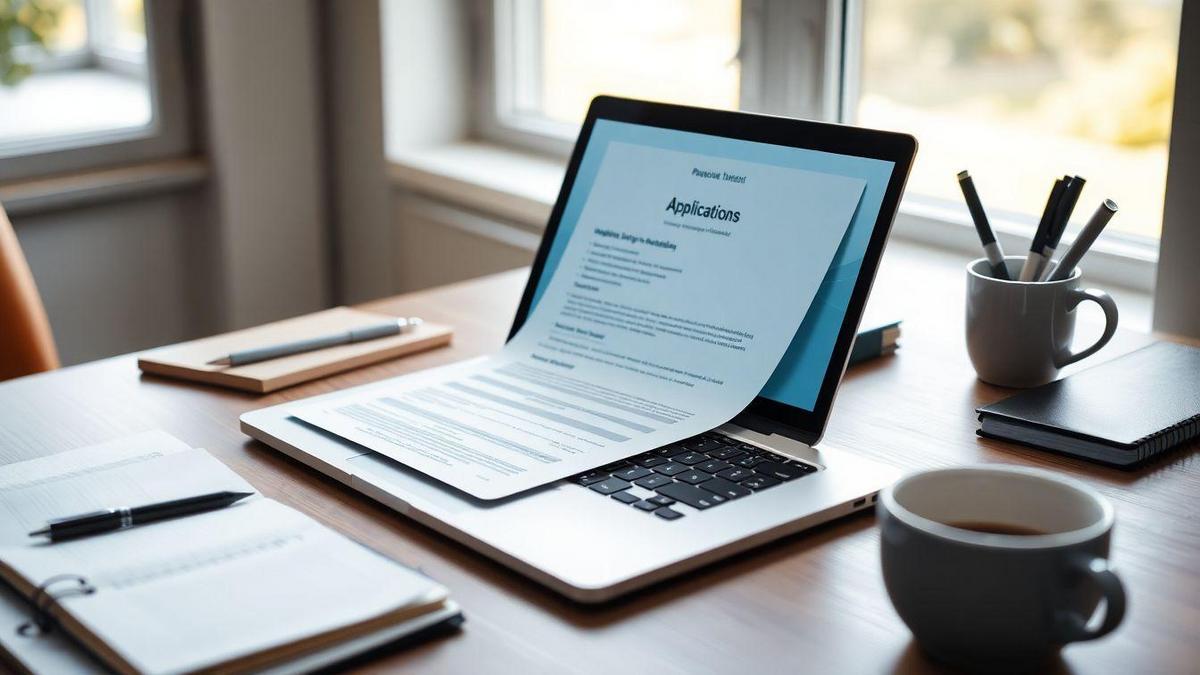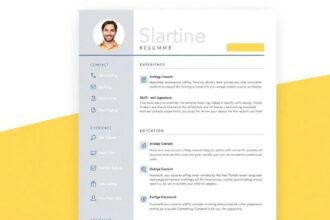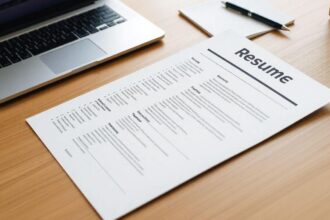Optimizing application materials for recent college graduates is crucial. I want to stand out from the crowd. The job market can be tough, but with the right personalization and focus, I can boost my chances. In this article, I’ll share tips on crafting my resume and cover letter. I will dive into key elements that matter and avoid common mistakes. Let’s make my applications shine and grab attention!
The Importance of Tailoring My Application Materials
Why Personalization Matters in My Applications
When I think about applying for jobs, I realize that personalization is key. Employers want to see that I understand their company and what they stand for. If I just send out the same old resume and cover letter, I’m missing the chance to stand out. Instead, I need to show them that I’m the perfect fit for their team. It’s all about making a connection.
How Targeted Content Can Boost My Chances
I’ve learned that using targeted content in my applications can really boost my chances of getting an interview. By highlighting skills and experiences that match the job description, I can catch the employer’s attention. For instance, if a job calls for teamwork skills, I should include my experiences working on group projects in college. This shows that I can contribute right away.
| Job Requirement | How I Can Address It |
|---|---|
| Teamwork | Share a group project I led |
| Strong Communication | Mention a presentation I gave |
| Problem-Solving | Describe a challenge I overcame |
Tips for Personalizing My Resume
Here are some tips I can use to personalize my resume:
- Research the Company: I should look into the company’s mission and values. This helps me align my application with what they care about.
- Use Keywords: I can find keywords in the job description and sprinkle them throughout my resume. This makes it clear that I am a match.
- Show My Personality: Adding a small section about my interests can help me connect with the employer on a personal level.
By following these steps, I can create application materials that truly reflect who I am and what I can bring to the table.
Mastering Effective Resume Tips for Graduates
Key Elements to Include in My Resume
When I sit down to craft my resume, I know there are key elements I must include to make it shine. Here’s what I focus on:
- Contact Information: My name, phone number, email, and LinkedIn profile should be front and center.
- Objective Statement: A brief line about what I want to achieve in my career. It sets the tone for my resume.
- Education: I highlight my degree, major, and graduation date. If I have a high GPA or relevant coursework, I add that too.
- Experience: This is crucial! I list my internships, part-time jobs, or volunteer work. I make sure to use action verbs and quantify my achievements.
- Skills: I include both hard and soft skills. This could be anything from coding languages to teamwork abilities.
- Certifications: If I have any relevant certifications, I make sure to list those. They can really make my resume stand out.
Formatting Best Practices for a Standout Resume
The formatting of my resume can make or break my chances. I keep it clean and easy to read. Here’s how I do it:
- Font Choice: I use a professional font like Arial or Times New Roman, sized between 10-12 points.
- Consistent Margins: I keep my margins at 1 inch to give my resume a neat look.
- Bullet Points: Instead of long paragraphs, I use bullet points to make my achievements pop.
- Section Headings: I bold my section headings so they stand out and are easy to find.
- Length: I aim for one page. As a recent graduate, I want to keep it concise.
How to Optimize My Resume for Applicant Tracking Systems
I know many companies use Applicant Tracking Systems (ATS) to filter resumes. To make sure mine gets through, I focus on these strategies:
- Use Keywords: I read the job description carefully and include relevant keywords in my resume. This helps my resume get noticed.
- Simple Formatting: I avoid using images or unusual fonts. ATS can struggle with complex formats.
- Standard Headings: I stick to common headings like “Experience” and “Education” so the system can easily categorize my information.
| Element | Best Practice |
|---|---|
| Font | Arial or Times New Roman, 10-12pt |
| Margins | 1 inch |
| Bullet Points | Use for achievements |
| Length | Keep it to one page |
Crafting a Compelling Cover Letter
Techniques for Writing an Engaging Cover Letter
When I sit down to write my cover letter, I think of it as my personal story. It’s my chance to shine and show what makes me special. Here are some techniques I use to make my cover letter stand out:
- Start Strong: I grab the reader’s attention right away. I might share a quick story or a bold statement about my passion for the job.
- Be Personal: I always try to connect my experiences to the job. I mention specific skills that fit the role, making it clear why I’m a great match.
- Show Enthusiasm: My excitement for the position comes through my words. I let my personality show, making it relatable and engaging.
- Tailor It: I never send the same cover letter to every job. Each one reflects the company and position, showing that I did my homework.
The Role of a Cover Letter in My Job Search
My cover letter plays a crucial role in my job search. It’s not just a formality; it’s my chance to make a first impression. A well-crafted cover letter can:
- Highlight My Skills: I can point out my strengths and how they relate to the job.
- Explain My Journey: I share why I’m interested in this career path and what led me here.
- Show My Fit: It allows me to demonstrate how I align with the company’s values and goals.
In a sea of applications, my cover letter can be the lifeline that sets me apart from other candidates.
Common Mistakes to Avoid in My Cover Letter
I’ve learned that avoiding certain pitfalls can make a big difference. Here are some common mistakes I steer clear of:
| Mistake | Why It Matters |
|---|---|
| Using a Generic Template | It shows a lack of effort and personalization. |
| Focusing Too Much on Myself | I need to connect my skills to the company’s needs. |
| Neglecting Proofreading | Typos and errors can ruin my credibility. |
| Being Too Formal | I want to sound friendly and approachable. |
By avoiding these mistakes, I can present a cover letter that truly reflects who I am and what I bring to the table.






